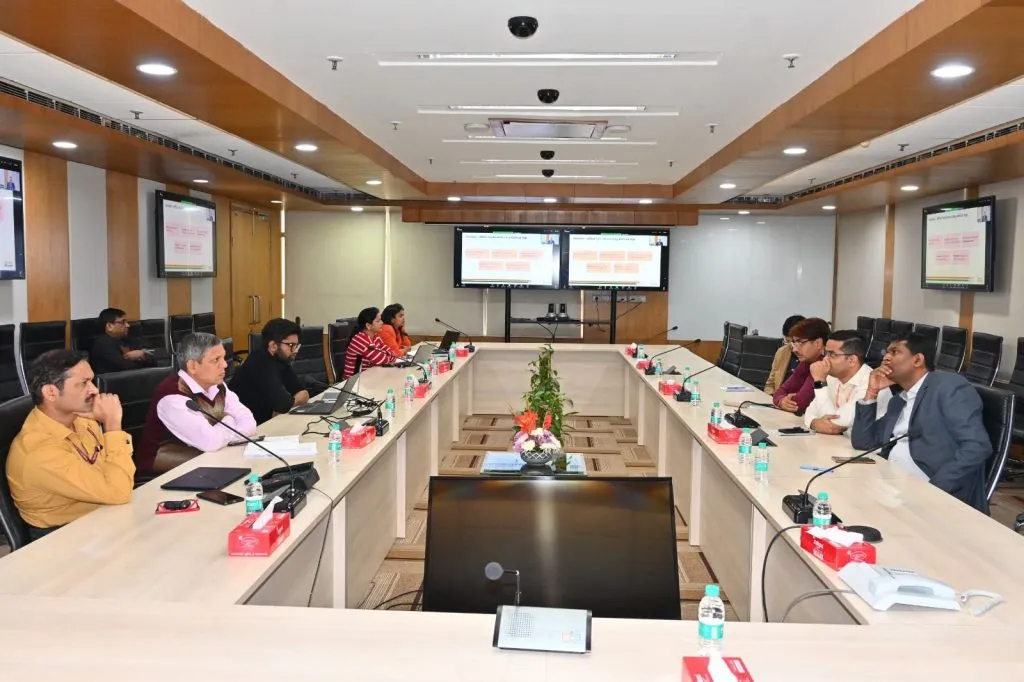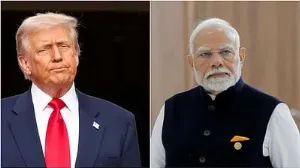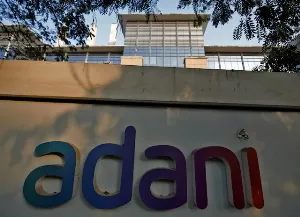Aadhaar app launched to strengthen India’s offline digital ID verification

The Unique Identification Authority of India (UIDAI) has launched a new Aadhaar mobile application designed to improve offline identity verification and make it easier for residents to manage their digital identification. The Ministry of Electronics and Information Technology said the app aims to strengthen paperless authentication while giving users greater control over the information they choose to share.
The launch follows an online workshop held by UIDAI, during which officials explained new features intended to help residents verify their identity without relying on internet connectivity. UIDAI Chief Executive Bhuvnesh Kumar said the new platform is expected to “promote the offline verification ecosystem” and improve access to secure digital identity tools across the country.
Updated app replaces older mAadhaar platform
The new Aadhaar app is distinct from the earlier mAadhaar application introduced in 2017. While the previous version allowed basic updates to names, addresses and mobile numbers, many changes still required visits to Aadhaar service centres. The new app expands the range of digital tools and is available for download on both Android and iOS devices.
According to officials, one of its most significant features is the ability to store and manage up to five Aadhaar profiles on the same device, provided all users share a common registered mobile number. This is expected to address a long-standing challenge for families who previously had to manage multiple digital and physical copies of Aadhaar cards.
Enhanced privacy and security tools
The app introduces a biometric lock, allowing users to secure their data by requiring face or fingerprint authentication before information can be viewed or shared. Residents can also choose which details to disclose, such as displaying only their name and photograph while keeping their address or date of birth private.
Another addition is a QR code system that enables rapid verification at banks, government offices and other service points. Officials say the tool supports entirely paperless authentication, reducing the need for photocopies or physical documents.
Offline access and activity logs
UIDAI has emphasised the importance of offline access, noting that residents will be able to view stored Aadhaar details without an internet connection once the app is set up. Online services will still be required for updates and advanced functions, but the ability to access basic information offline is intended to make the app more reliable in areas with limited connectivity.
To enhance transparency, the application includes an activity log that records when and where Aadhaar data has been used. Officials say this gives residents greater visibility over how their identity is being verified by third parties.
How the app works
Users are required to enter their Aadhaar number when opening the app for the first time. They must then undergo facial authentication by positioning their face within an on-screen frame and blinking as prompted. Once completed, users are taken to the home page, where they can explore features or add additional profiles.
Adding a second user involves tapping the profile name on the home screen, selecting the add user option, and entering the Aadhaar number of the additional profile.
Context: Expanding India’s digital identity infrastructure
Aadhaar, created in 2009, is the world’s largest biometric identification system, covering close to 1.4 billion residents. It is used widely for government subsidies, banking, telecom services and identity verification. As India’s digital ecosystem expands, the government has increasingly promoted secure, remote verification methods to reduce dependence on physical documents.
The new app’s focus on offline verification reflects broader efforts to make digital identity accessible even in areas with unstable connectivity. Analysts say the move aligns with India’s strategy of expanding secure, user-controlled digital services while reducing operational pressures on physical Aadhaar centres.

Trump Claims Role in Halting Conflict Between India and Pakistan

Anmol Bishnoi Detained for 11 Days by NIA Following Deportation

Delhi Suicide Bomber's Video Reveals Radicalisation Insights

Sensex rises 513 points as IT stocks lift Indian markets





